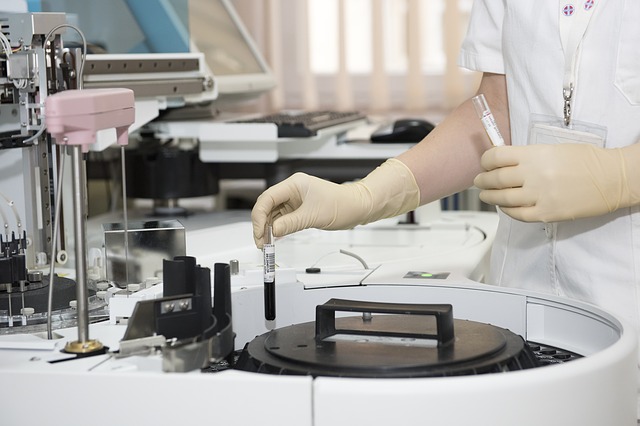
Testosterone deficiency is possible in both men and women but appears at different stages of life. Men start to experience a decline in testosterone production in their early thirties, but it most often occurs in women around the time of menopause.
Testosterone, like many other hormones that can decline as we age, can have a significant impact on a person’s physical, mental, and emotional well-being. This essential chemical messenger plays a role in how well the body metabolizes food, brain functions, heart health, energy levels, sleep, muscle growth, and bone density. Mood and outlook can also be affected by changes in testosterone production.
What Are The Symptoms Of Testosterone Deficiency?
When looking at the symptoms of testosterone deficiency, we find that many of them are the same for both men and women. There are, however, some that are gender specific.
Here are the symptoms of Low T that members of both sexes may experience:
Fatigue and declining energy levels
Depression, mood changes, anxiety, irritability
Loss of sexual desire and decreased arousal
Muscle tone and strength decline
Decreased bone density
Loss of height
Weight gain
Trouble falling or staying asleep
Hair loss from head
Increased body and facial hair growth
Difficulty concentrating
Impaired cognitive functions
Poor memory
Additional symptoms of testosterone deficiency in men include the following:
Erectile dysfunction
Loss of the morning erection
Infertility
Weak erections
Less powerful orgasms
Testicular shrinkage or numbness
Decreased ejaculation
Women may also have the following symptoms of Low T:
Vaginal dryness
Unpleasant or painful intercourse
Decreased pleasure sensations (orgasms)
Changes in menstrual cycle
Night sweats and hot flashes
What Testosterone Treatment Should I Choose?
Determining the testosterone treatment that you should choose is a decision that will be made in conjunction with the hormone replacement specialist that is diagnosing Low T. Treatment with supplemental testosterone will differ from men to women. Women are primarily prescribed a low-dose testosterone cream that will be compounded by the pharmacy to their exact specifications as determined by the HRT doctor following blood analysis and a complete review of the medical exam and health questionnaire findings.
Most men do best with testosterone in the form of an injection, with testosterone cypionate often the ideal option. All other possible options will also be discussed following the doctor’s diagnosis and determination of treatment.
How to Prevent a Testosterone Deficiency Naturally
The best way to treat Low T is by preventing a testosterone deficiency in the first place. This process needs to begin early in adulthood to have the greatest chance of working. In order to prevent a decline in testosterone production naturally, here are some simple steps that anyone can take:
Exercise regularly with high-intensity and weight-bearing exercises
Avoid foods high in saturated fat and sugar
Consume an abundance of assorted vegetables and fruits in a variety of colors (organic is
best)
Eat lean proteins and meats- preferably grass fed
Get 7 to 9 hours of sleep each night
Reduce stress whenever possible
There are also many different supplements, herbs, and foods that can be used to help increase testosterone levels. Information on these options can be found in the following reports:
Testosterone and Vitamins, Foods that Increase Testosterone, and What Supplements will Increase Testosterone.
Please know that there is a slight chance that these changes will correct Low T when it is already present. For that, treatment with testosterone replacement therapy will most likely be required. The medical experts at National HRT provide complimentary counseling via telephone consultations to determine if proceeding with blood testing is in order. We can arrange this at a local lab. Please contact us with any questions or to learn more about treatment for testosterone and other hormone deficiencies and imbalances.

Good info